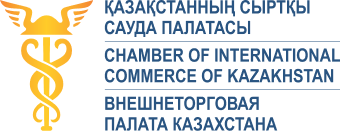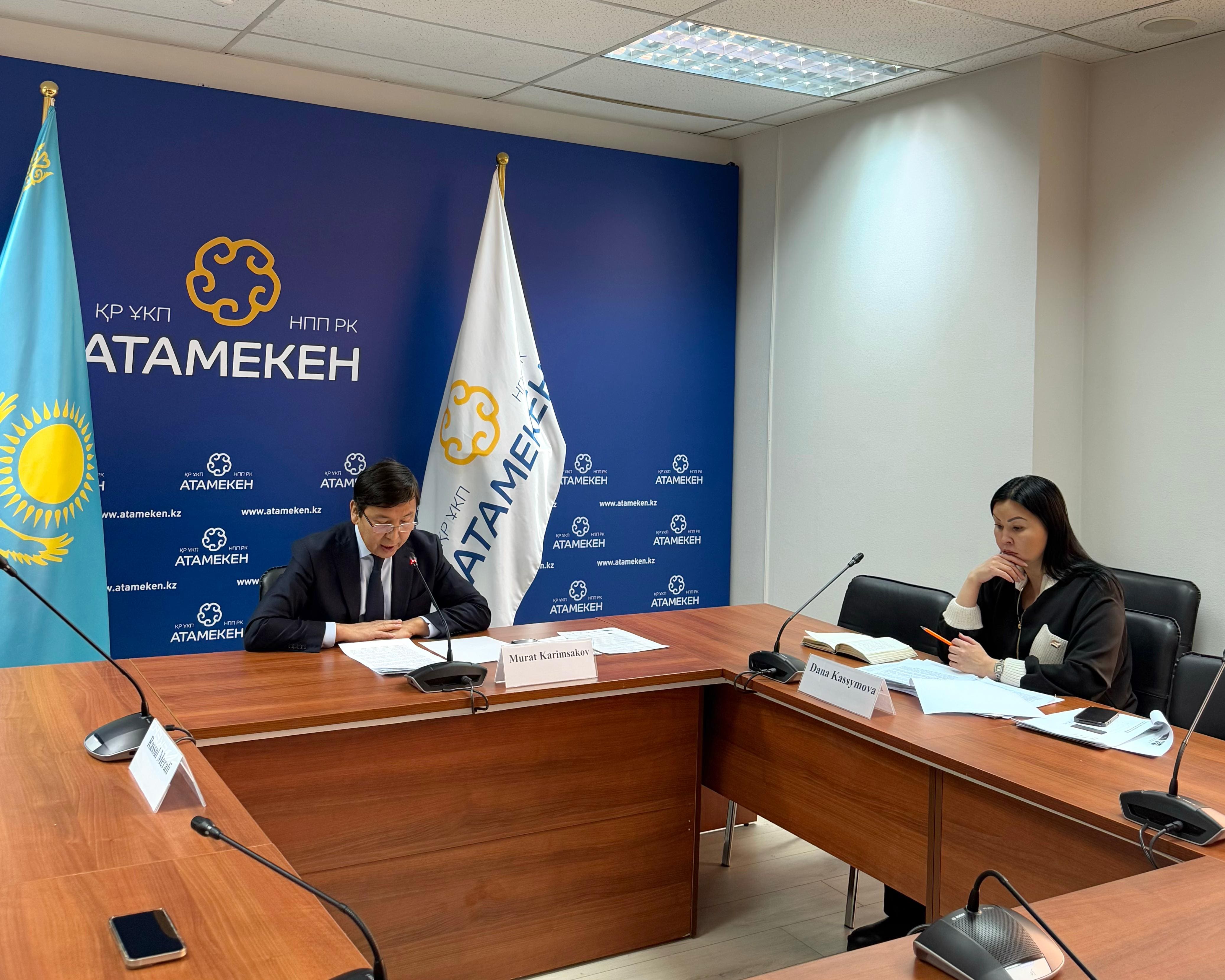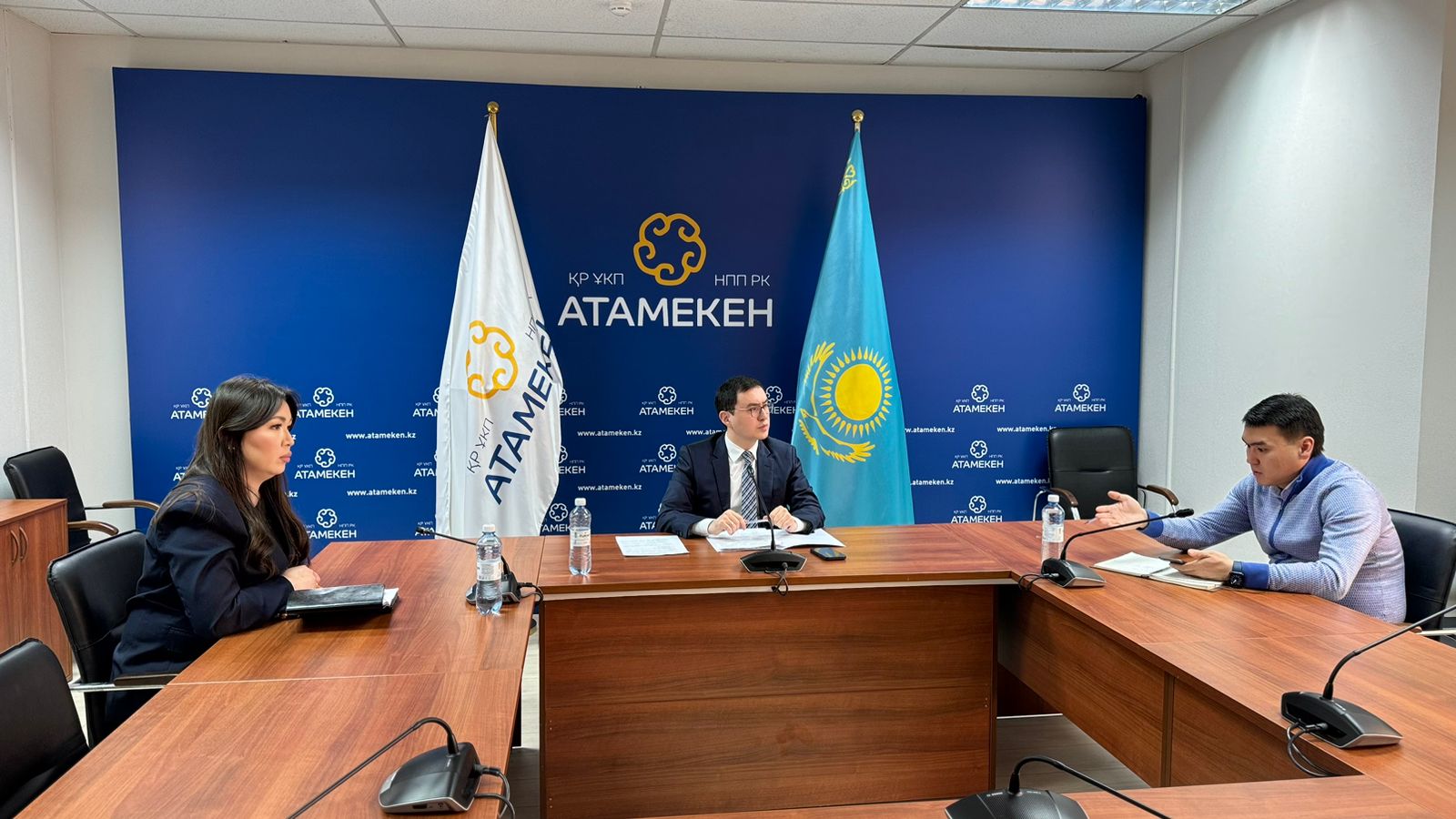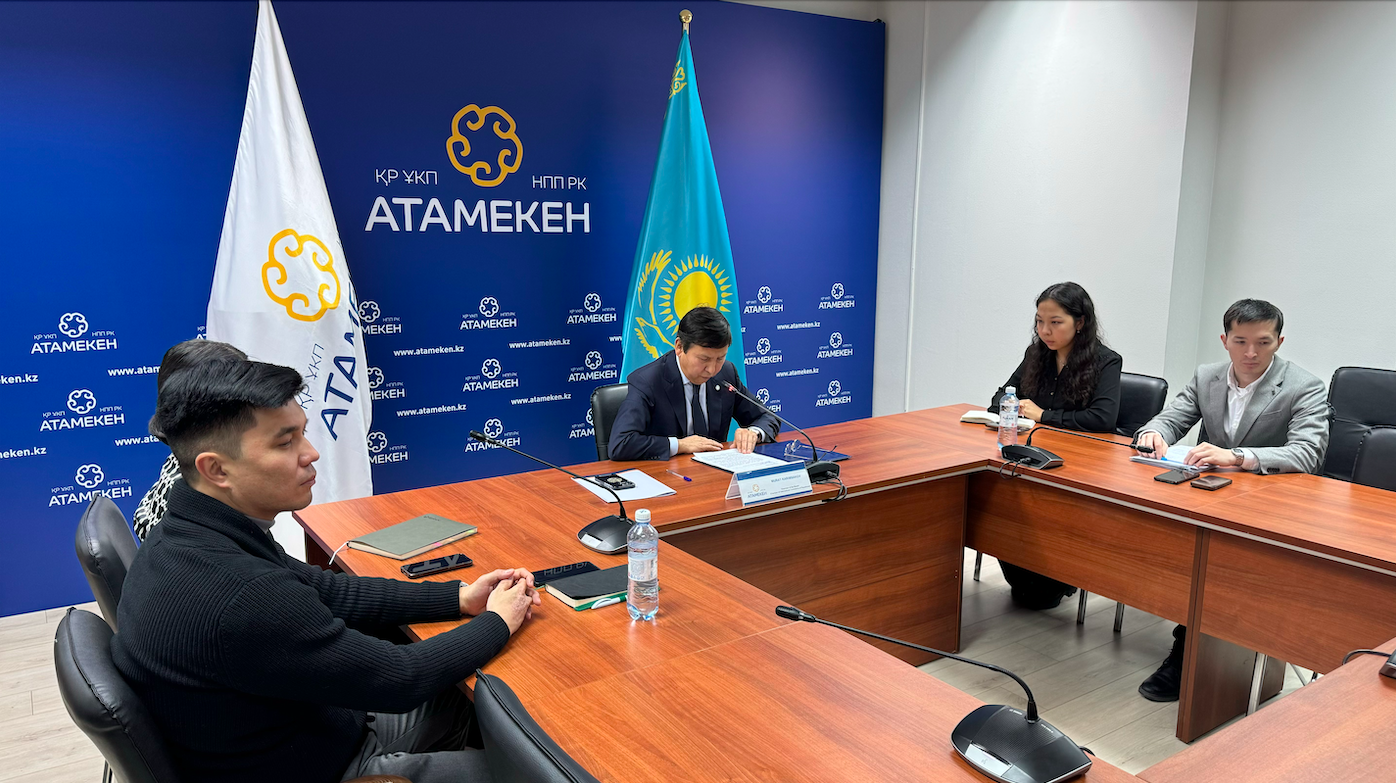

Representative of the KazCIC Arman Yessentayev on the Specifics of Commerce with Afghanistan
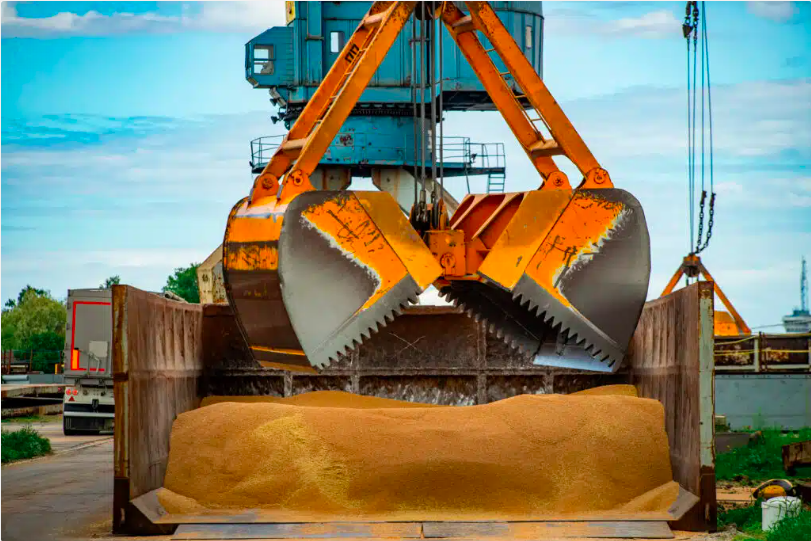
A test transfer of $10,000 directly between Kazakhstan's Zaman Bank and Afghanistan's Ghazanfar Bank last week occurred because the domestic bank took a risk in pursuing this cooperation, which is what others have not dared yet. Kursiv spoke with Kazakhstani entrepreneurs already engaged in trade with Afghanistan and those planning to start.
Diverse Opinions
Kazakhstani entrepreneurs working (or intending to work) with Afghanistan can be divided into three general groups.
The first group consists of those who are content with the current situation. A flour miller from the Kostanay region, who has been supplying goods to Afghanistan for over 25 years, shares: "I work with such Afghan businessmen that everything is so comfortable for us, we don’t need anything else, as long as no one interferes."
According to the entrepreneur, Afghans handle logistics and payments independently, so the news about the first direct bank transfer didn’t affect him. "I don’t think about it," the miller explains. "They ensure I get paid. How they do it doesn’t matter to me at all. When the money appears in my account, I send them the flour. That’s all."
The second group highlights nuances including both business-related and cultural. For instance, a pasta producer from Taraz, who is only considering trade with Afghanistan, plans to rely on barter deals. He dislikes the unpredictability of the dollar exchange rate and is exploring stable terms for goods exchange.
"I’m not thinking about cross-border transfers; I’m focused on barter," he admits. "We take what they lack there and bring back what we lack here. For example, saffron. It can even be sold to China. Or pomegranate juice. Let’s say I give a kilogram of pasta. They give me two liters of juice. In that case, it doesn’t matter how much the dollar costs. I calculate pasta in tenge and juice in tenge too."
This businessman from Taraz is currently learning English to trade with Afghanistan: "All educated people there know English: 20 years of American influence weren’t in vain. However, there are also many Russian-speaking individuals from the older generation, so finding a translator there isn’t a problem."
He discovered this while visiting Kabul as part of a delegation at an exhibition of Kazakhstani goods. At the exhibition, he also observed the behavior of Afghan businesswomen: "They say you can’t talk to or look at a woman who isn’t related to you, but they approached me themselves at the exhibition and showed interest in my products," he remarks with surprise.
An entrepreneur from Almaty, who plans to order handmade carpets from Afghanistan, believes that building a successful business relationship requires meeting Afghan partners in person, whether in Afghanistan, Kazakhstan, or a neutral location like Dubai. "After visiting Afghan hosts, you’re considered a good partner," he notes. "This is part of Eastern culture; showing respect is essential."
The nuances of Eastern culture, according to Kursiv’s interlocutors, also include the necessity of small talk about topics like "how are things at home, how are the kids" before diving into business discussions.
The third group of entrepreneurs acknowledges that problems have accumulated in Kazakhstan-Afghanistan trade, leading to a trust crisis. For example, a wholesale buyer of Kazakhstani flour in Afghanistan, who has been in the business for 15 years, highlights untrustworthy suppliers as a significant issue: "The key problem in trading with Kazakhstan is dishonest suppliers who delay shipments for months after receiving prepayment or deliver low-quality goods."
He provides an example of price discrepancies: "The difference between low-quality and high-quality flour is $50, and last year this difference was $100," he recalls, referencing conflicts from the past year. "Moreover, some mills delay shipments—they don’t take bank loans but instead use our money for two or even five months. They neither refund the payment nor ship the flour. That’s why many stop doing business with Kazakhstan."
However, the businessman emphasizes that he has several highly reliable business partners in Kazakhstan, with whom he has worked seamlessly for years. He openly praises them by name, while expressing readiness to name the "dishonest mills" too.
The Government’s Role in Regulating Business Relations
The official Kazakhstani perspective offers a different view on such conflicts.
According to Arman Yessentayev, regional representative of the Chamber of International Commerce of Kazakhstan and head of Kazakhstan’s Trade House in Afghanistan, the lower quality of Kazakh wheat last year was due to weather conditions.
"However, this year, more than 6.9 million tons of grain, including 5 million tons of wheat, have already been delivered to the country's elevators. Of this, nearly 60% is classified as third-grade, which means we not only have a bountiful harvest but also predominantly high-quality wheat," he said.
Yessentayev advises Kazakh companies to "actively sell wheat to Afghanistan, even at the relatively low market-driven price." As for trust issues, he notes that they exist on both sides "because it’s business." "There have also been problematic cases with Afghan partners," he explained. "For instance, outstanding debts from 2018 and 2020. We are successfully resolving them."
Key Factors for Kazakh Businessmen Working with Afghanistan
Yessentayev highlighted several critical points for Kazakh entrepreneurs to consider when doing business with Afghanistan:
Payments. Bank transactions are routed through third countries such as Kyrgyzstan, Tajikistan, Uzbekistan, Turkey, and the UAE. Challenges often arise when Afghan companies transfer funds from a country not specified in the contract, requiring additional explanations for the receipt of funds to finalize export contracts. However, the situation is evolving. In addition to Zaman Bank's agreement with Ghazanfar Bank, negotiations are underway with three other Afghan banks: Afghan International Bank, Afghan United Bank, and Azizi Bank.
Despite Afghanistan's challenging economic situation, the purchasing power of Afghan business circles is unquestionable, Yessentayev assured. Moreover, Afghan partners are typically willing to provide prepayment.
The representative of the Chamber of International Commerce of Kazakhstan also highlighted differences in business mentality that need to be considered. Afghan businessmen often start negotiations with an unrealistically low price and move upward, whereas Kazakhstani counterparts begin with a realistic price plus a small markup.
Logistics. Despite the availability of rail and road routes, logistical challenges remain, Arman Essentaev acknowledged. The Afghan direction is not profitable for Kazakhstani trucking companies, so Uzbek and Turkmen logistics firms dominate this market. Seasonal shortages and price hikes for railcars occasionally occur. However, as of autumn 2024, rail shipments via Uzbekistan and Turkmenistan have been stable.
Visas. Afghanistan's visa policy is quite accommodating, with the government actively promoting regional trade. Business visas for Kazakhstani citizens are issued promptly, and visas on arrival are also possible. Meanwhile, Afghan businesspeople report difficulties obtaining Kazakhstani visas. However, these issues are typically due to mismatches between the visa type and the stated purpose of the visit. For instance, applying for a multiple-entry tourist visa to attend an exhibition often results in rejection.
Customs Duties. Kazakhstan imposes zero or reduced customs duties on many Afghan-made products, including handmade carpets, dried fruits, and nuts. Afghan authorities intend to develop their milling industry, prioritizing wheat imports. In October, customs duties on flour imports increased from 5% to 10%.
“Afghanistan today is like our 1990s”
The regional representative of Chamber of International Commerce of Kazakhstan sees the viability of barter deals. Yessentayev believes that government-level mechanisms for barter trade should be considered. This could advance the export of Kazakh grain and flour not only to Afghanistan but also to Pakistan and Iran.
What else can be sold to Afghans? Cars, batteries, transformers, cables, electrical conductors, pipeline fittings, boilers, tanks, reservoirs, household appliances, sunflower oil, polypropylene, PVC, household chemicals, medicines, gases, bitumen, iron products, rods, metal structures, wires, cheese, sausages, Yessentayev lists.
Entrepreneurs interviewed by Kursiv often compared Afghanistan to China and Uzbekistan, emphasizing how much it lags in terms of technology, which presents business opportunities.
“I toured Uzbekistan and saw there’s nothing for us to do there because it’s a developed country in every sense,” shares a producer from Taraz. “They have significant protective tariffs on processed goods imports. Uzbeks buy wheat but produce pasta themselves. Afghanistan's production capacity is weak, which means we can enter the market with pasta, not just flour. Afghanistan is like our 1990s when we consumed all imported goods.”
“Initially, it’s scary, but then the stereotypes are broken”: this sentiment was a recurring theme in all conversations with Kazakh entrepreneurs. Almost with childlike wonder, they shared how they discovered that ordinary people live in Afghanistan.
“The first time was a bit unsettling; after all, it’s not the U.S. you’re going to,” shares an entrepreneur from Almaty interested in handmade carpets. “But after spending almost a month there, I relaxed and even moved around calmly in a local car. Before the trip, I was under the influence of stereotypes, but I came and saw friendly people. Ordinary people in the airport and shops smile at you: they’re happy to see you.”
Current Trade Between Kazakhstan and Afghanistan
When discussing mutual trade between Kazakhstan and Afghanistan, imports can largely be disregarded, as they are 30 times smaller than exports and mainly consist of fruits and vegetables. Kazakhstan is focused on increasing its sales, with 2022 serving as a benchmark when exports unexpectedly doubled to nearly $1 billion. However, this surge was short-lived, and the following year sales returned to 2020 levels. The current year also promises no records, but rather, a decline: from January to September 2024, Kazakhstan sold $356.3 million worth of goods to Afghanistan, down 20.7% compared to the same period the previous year.
The main export product is flour, which accounts for more than 60% of sales, meaning trade turnover with Afghanistan largely depends on the grain market. 2022 was favorable for Kazakhstan in terms of both harvest and prices, allowing record volumes to be exported to Afghanistan. That year’s main global event—the outbreak of the war in Ukraine—significantly impacted the world food market.
Such conditions have not been repeated since 2022. In 2023, flour exports to Afghanistan in physical terms decreased by only 6.4% to 1,271,000 tons, but in monetary terms, they fell by a third, from $554 million to $368 million. And in 2024, despite a good harvest, a price miracle is unlikely.
However, sales are growing in other areas, such as rolled metal and liquefied gas, or even emerging from scratch, as with peas and other legumes.
